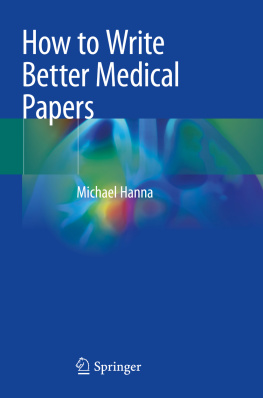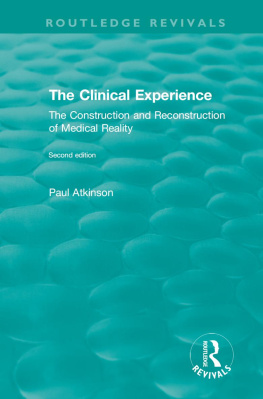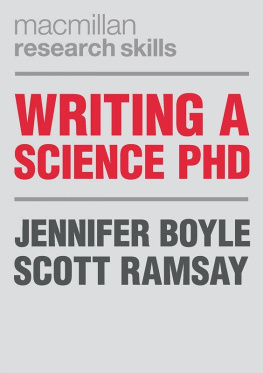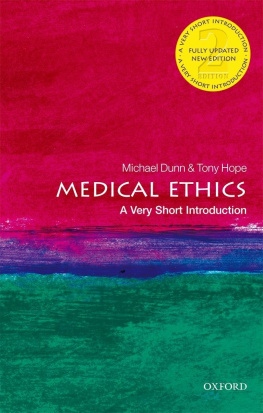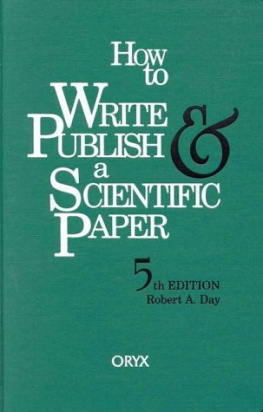Contents
Landmarks
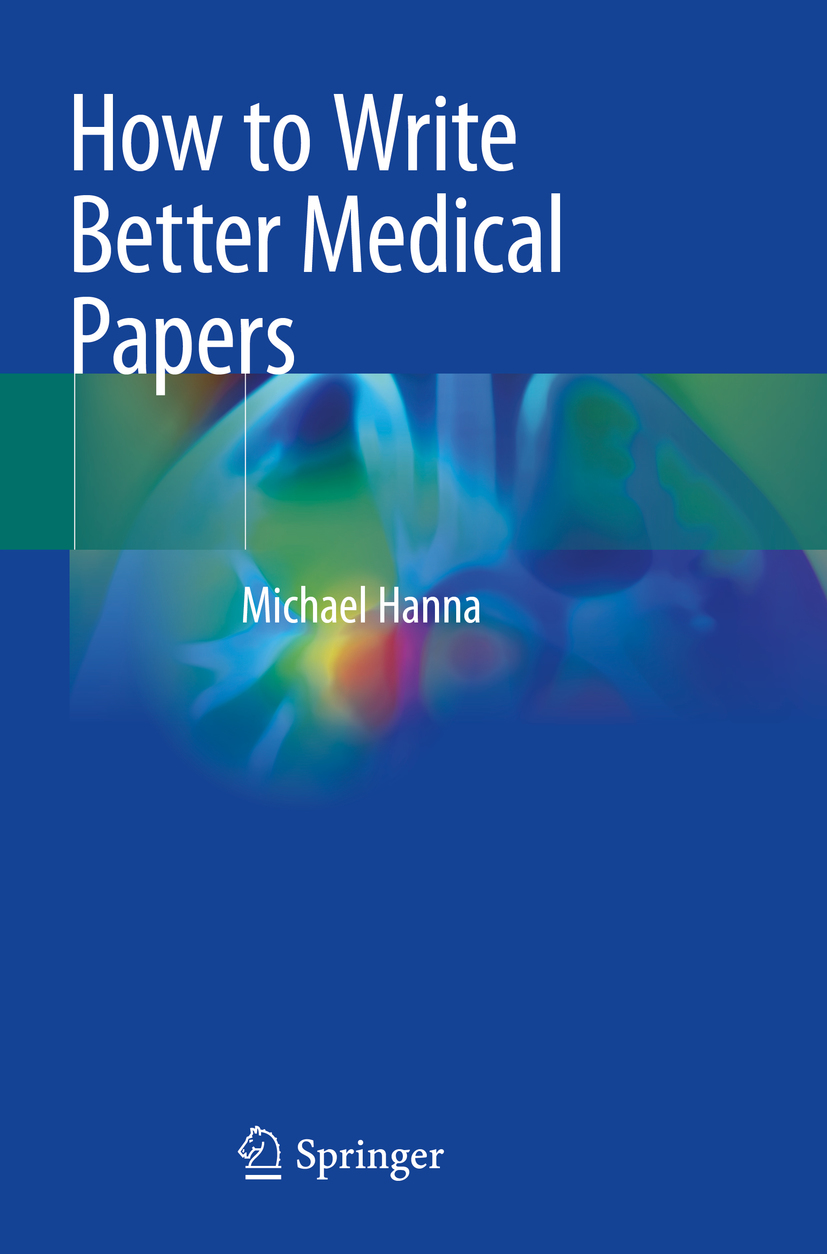
Michael Hanna
How to Write Better Medical Papers
Michael Hanna
Mercury Medical Research & Writing, New York, NY, USA
ISBN 978-3-030-02954-8 e-ISBN 978-3-030-02955-5
https://doi.org/10.1007/978-3-030-02955-5
Library of Congress Control Number: 2018964919
Springer Nature Switzerland AG 2019
This work is subject to copyright. All rights are reserved by the Publisher, whether the whole or part of the material is concerned, specifically the rights of reprinting, reuse of illustrations, recitation, broadcasting, reproduction on microfilms or in any other physical way, and transmission or information storage and retrieval, electronic adaptation, computer software, or by similar or dissimilar methodology now known or hereafter developed.The right to publish the original work in English is reserved by the Publisher. All translation rights reside with the author.
The use of general descriptive names, registered names, trademarks, service marks, etc. in this publication does not imply, even in the absence of a specific statement, that such names are exempt from the relevant protective laws and regulations and therefore free for general use.
The publisher, the authors, and the editors are safe to assume that the advice and information in this book are believed to be true and accurate at the date of publication. Neither the publisher nor the authors or the editors give a warranty, express or implied, with respect to the material contained herein or for any errors or omissions that may have been made. The publisher remains neutral with regard to jurisdictional claims in published maps and institutional affiliations.
This Springer imprint is published by the registered company Springer Nature Switzerland AG
The registered company address is: Gewerbestrasse 11, 6330 Cham, Switzerland
Den Stil verbessern das heisst den Gedanken verbessern, und gar Nichts weiter!
Friedrich Nietzsche
( Der Wanderer und sein Schatten , 131)
[Translation: Improving your writing style means nothing other than improving your thinking.]
Contents
Part IPreparing
Part IIAnalyzing
Part IIIDrafting
Part IVSpecial Types of Articles
Part VRevising
Part VIPublishing
Springer Nature Switzerland AG 2019
Michael Hanna How to Write Better Medical Papers https://doi.org/10.1007/978-3-030-02955-5_1
1. Introduction
Michael Hanna
(1)
Mercury Medical Research & Writing, New York, NY, USA
Scientific journal papers are the predominant means of communicating new information and ideas in the fields of medicine, life sciences, and health sciences. They serve many important functions in society today. Physicians and healthcare professionals routinely consult journal papers to guide their decisions on patient care and learn about anything new since they left medical school. Researchers and companies rely heavily on journal papers in their work to gradually develop new medical treatments. Government agencies draw on the scientific literature to set health policies and provide proper healthcare and public health programs. Even some patients and their family members sometimes look at medical journal papers to learn about their health conditions and possible treatments. Over 1.1 million journal items were published in 2017 and indexed in PubMed by the US National Library of Medicine [].
Unfortunately, the published journal literature of medicine, including the related life sciences and health sciences, is plagued with substantial errors, nonsensical statements, lethal omissions, illogical reasoning, false discoveries, and misleading conclusions. For example, the world-famous German pharmaceutical firm, Bayer, has tried to reproduce many promising preclinical studies published by other researchers, but Bayer reports that about two out of every three such studies were so irreproducible that the projects were canceled [].
Clinical research also has its own laundry list of problems. Numerous reviews of the published literature have shown that papers frequently lack essential information about the methods and results [].
It must be emphasized that none of these problems refer to illicit deviations from the expectations of the medical community , such as falsified data or plagiarized articles, which are retracted from the literature when they are caught. Instead, all the problems described above refer to the normal state of affairs, regrettably. They can be found throughout the medical literature, even in the most prominent journals. Thus, much of the published medical scientific literature could be viewed as a waste [], so virtually no one even knows what they found. In most cases, those studies remain unpublished because the researchers simply did not have all the capabilities and resources needed to write up a report that would meet even the current low standards of typical scientific journals.
But what is the root cause of all these deficiencies in the medical scientific literature that are decried by leaders in the medical research establishment ? There are two closely related reasons for these deficiencies, one of which is discussed here, the other of which is discussed at the end of this book. The first part of the explanation is that universities, governments, and societies fail to provide sufficient education and training specifically for the performance and reporting of scientific research. The usual four-year medical school program is designed rightly so to train future physicians to take care of patients, not to conduct scientific research. Medical school provides excellent education about human health and diseases, the underlying biology, the available treatments, the clinical reasoning and medical skills needed to provide good healthcare, and so on. But medical school provides virtually no classwork in statistics or research methodology, and provides no training in how to write academic essays. Because most graduates of medical school will dedicate their lives to patient care instead of scientific research, there is little or no reason why the medical curriculum should change. Unfortunately, the opportunities after medical school to retrain for scientific research are mostly haphazard and unappealing. The need for better training of medical researchers has been widely recognized by leaders in the scientific community [], but actual changes to the education and training system have been sparse.
Consequently, most people involved in performing and reporting medical research have insufficient education and training in the specific skills that are needed to be doing that research work, such as ethics, methodology, statistics, logic, and writing. They have only subject knowledge about the disease or treatment they studied. Some medical doctors fill this training gap by pursuing an additional university degree, such as a Master of Public Health (MPH) ; others fill this gap by just working together closely with life scientists and/or health scientists who have spent years learning these subjects and skills (instead of clinical subjects and patient care). But in most cases, medical doctors simply perform and report their research as best they can, on the basis of their expert subject knowledge, despite insufficient formal education and training in the subjects and skills needed specifically to perform and report scientific research. Even in the life sciences and social sciences where the doctoral degree programs are geared toward producing scientific researchers education and training in the specific skills needed to write scientific papers is often less than adequate, (and thus is supplemented by years of post-doctoral training). At bottom, the blame here lies entirely with the educational system and society for failing to provide medical researchers with sufficient education and training to do that work as well as everyone says it should be.

